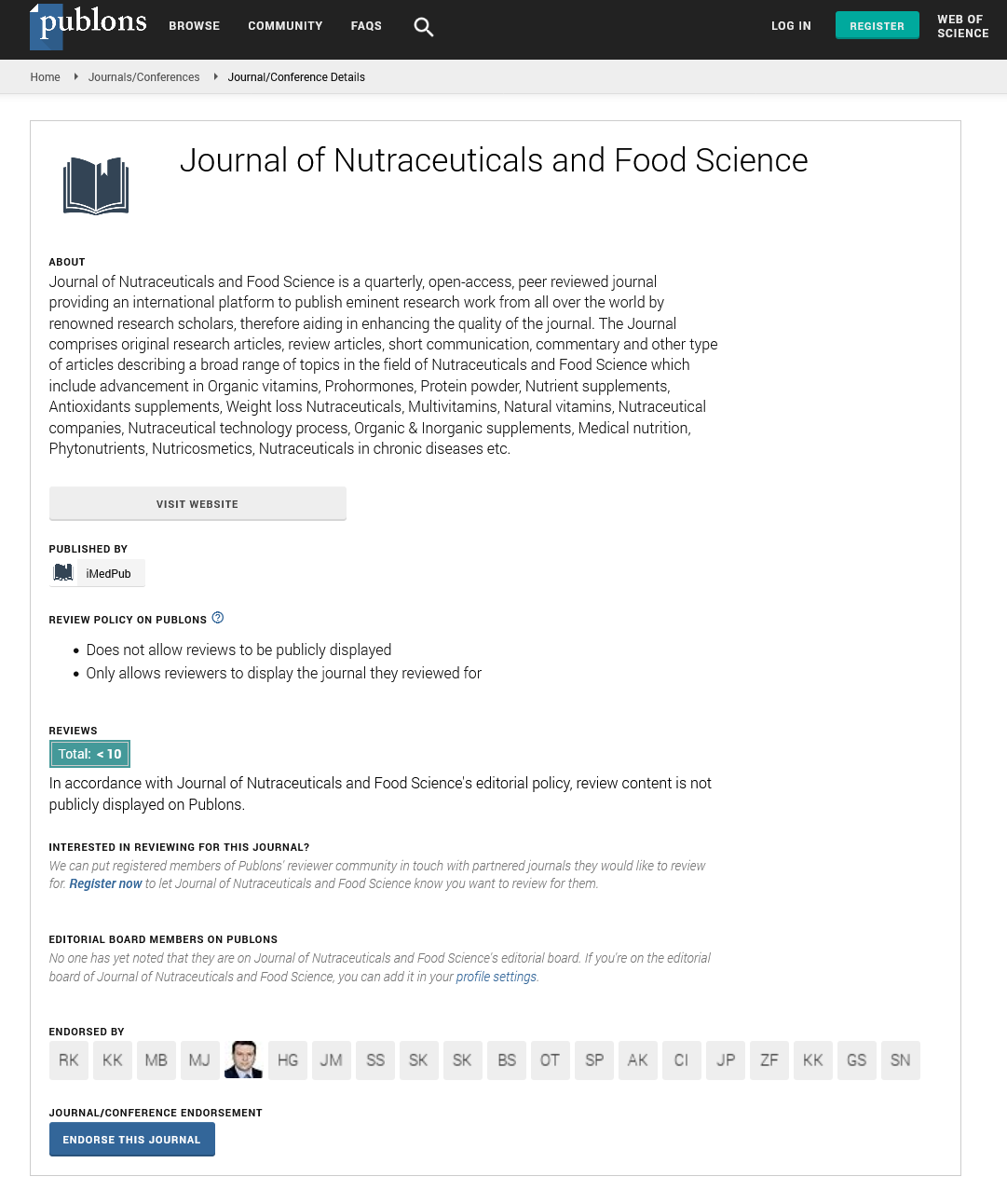Abstract
Deflamin, an edible anti-inflammatory protein isolated from legume seeds
A subgroup of matrix metalloproteinases (MMPs) called gelatinases (MMP-2 and MMP-9) have been strongly implicated in colorectal cancer and in inflammation. Similarly, to what happens in the oncological disease, MMP-9 inhibitors (MMPIs) have been demonstrated to effectively inhibit colitis and other inflammatory bowel diseases (IBDs). However, finding efficient MMPIs has been hampered by low specificity and overall severe secondary effects. Studies strongly relate MMP-9 inhibition to clinical reduction IBDs and suggest that ingestion of MMPIs can decrease their incidence. Hence, the resource to suitable MMP-9 inhibitor functional foods will have an important social and economic impact for health and inflammatory diseases in near future. Since IBDs are also related to pre-cancer and metastatic stages, this strategy may also be a valid, easy and cost-effective alternative to prevent cancer incidence. However, targeting MMP-9 through food has been difficult, mostly because of lack of specificity and lack of resistance to the digestion process. We have recently identified deflamin, a small protein isolated from the seeds of lupine, with an outstanding MMP-9 inhibitory capacity. Using deflamin, we tested dose-response MMPI activities in HT29 colon cancer cells, using wound healing and cell proliferation assays. We then produced food products (cookies) containing enough bioactive protein to exert the desired beneficial effects in dietary intakes, assessed their digestibility and tested their efficacy in in vivo models of inflammatory colitis. In these animal models the expression of several inflammatory and oxidative stress-related biomarkers was evaluated. Our results showed that deflamin significantly reduced cancer cell invasion in a dose-dependent manner and without exerting any apparent cytotoxicity. Furthermore, deflamin and deflamin-containing cookies reduced colitis in in vivo models whilst presenting a high anti-inflammatory, antioxidant and MMPI activity which was maintained after baking and after the digestion process. Given the important link between inflammation and cancer particularly in the gastrointestinal tract, our results suggest a strong potential of deflamin to be used as a nutraceutical or as a functional food ingredient in the treatment or prevention of IBDs and colorectal cancer.
Author(s):
Joana Mota
Abstract | PDF
Share this

Google scholar citation report
Citations : 393
Journal of Nutraceuticals and Food Science received 393 citations as per google scholar report
Journal of Nutraceuticals and Food Science peer review process verified at publons
Abstracted/Indexed in
- Google Scholar
- Publons
- Secret Search Engine Labs
Open Access Journals
- Aquaculture & Veterinary Science
- Chemistry & Chemical Sciences
- Clinical Sciences
- Engineering
- General Science
- Genetics & Molecular Biology
- Health Care & Nursing
- Immunology & Microbiology
- Materials Science
- Mathematics & Physics
- Medical Sciences
- Neurology & Psychiatry
- Oncology & Cancer Science
- Pharmaceutical Sciences


